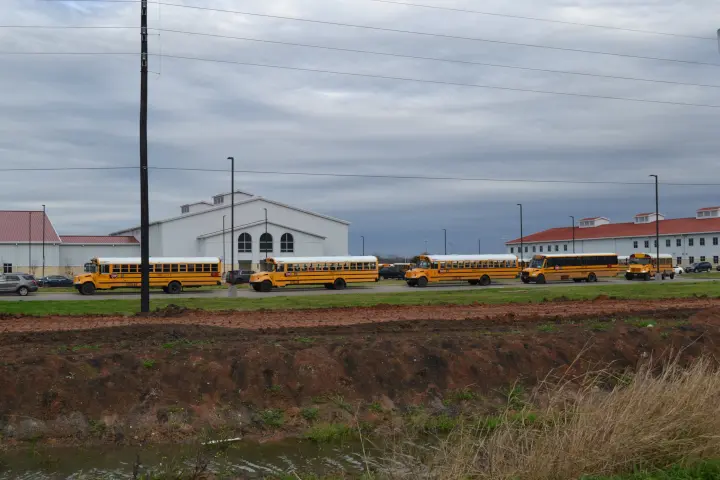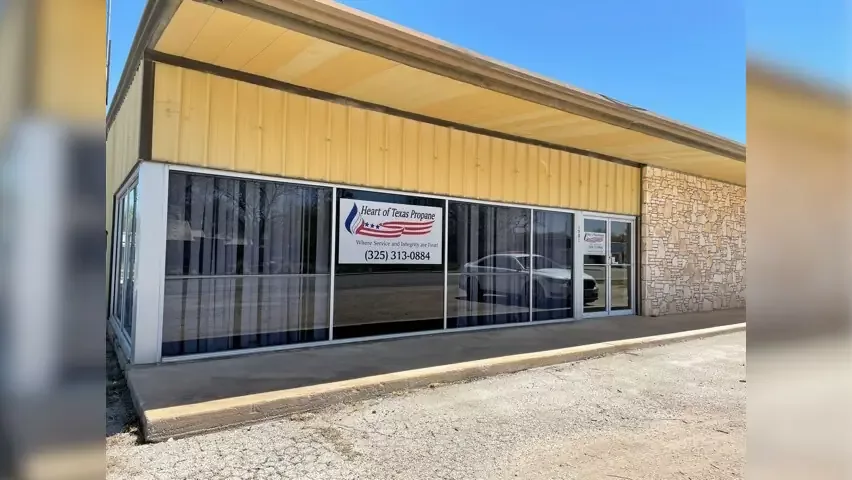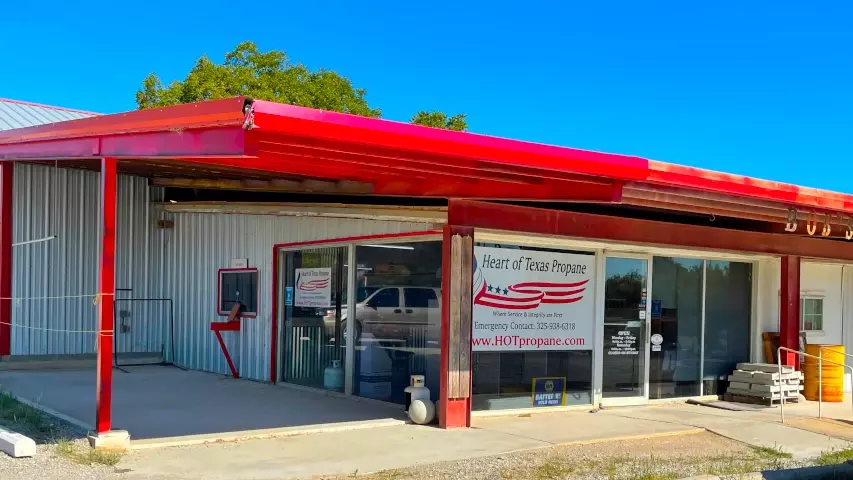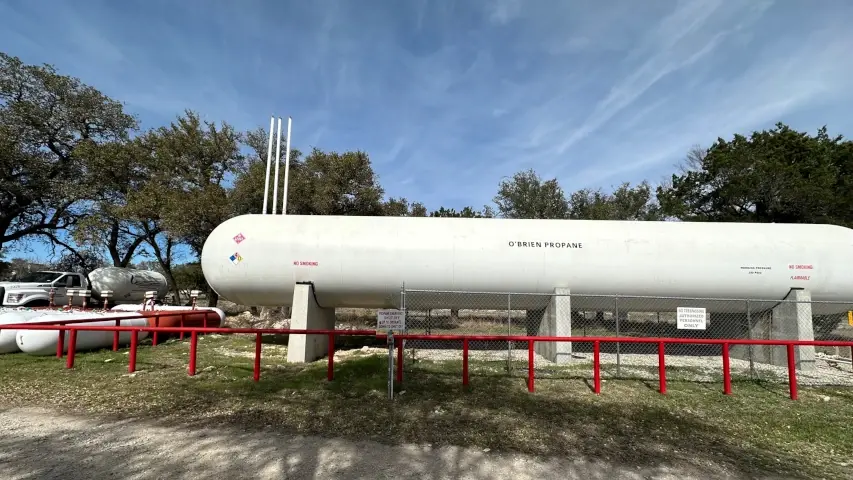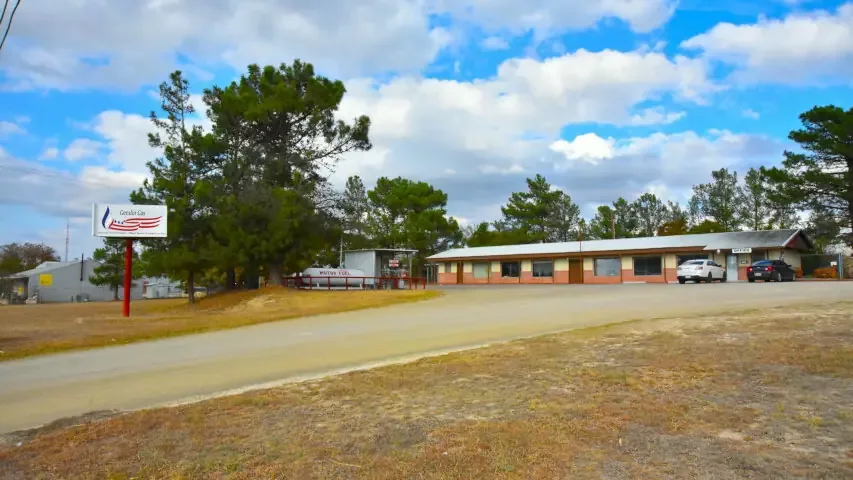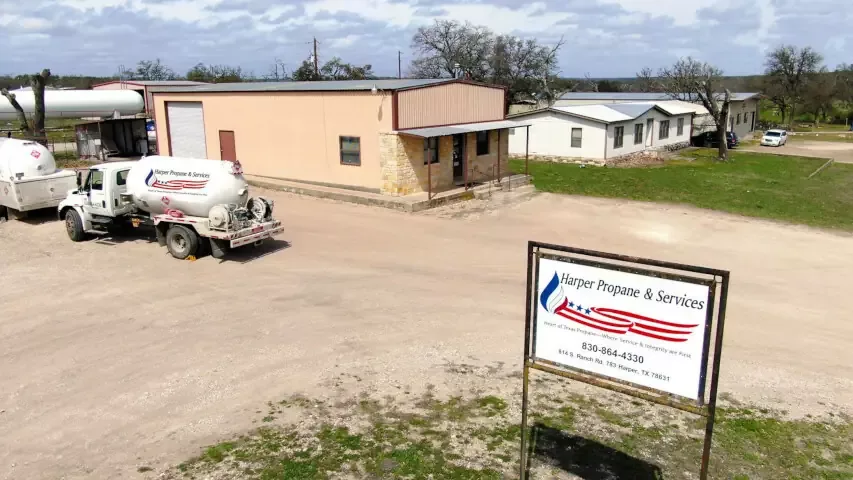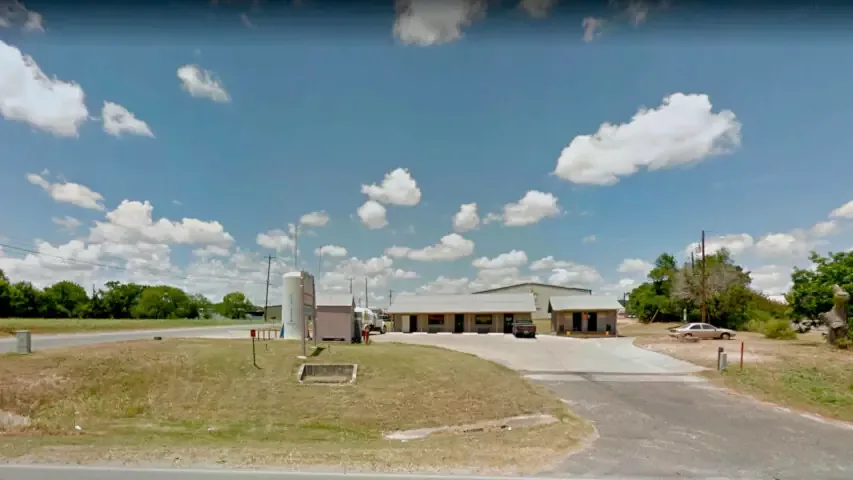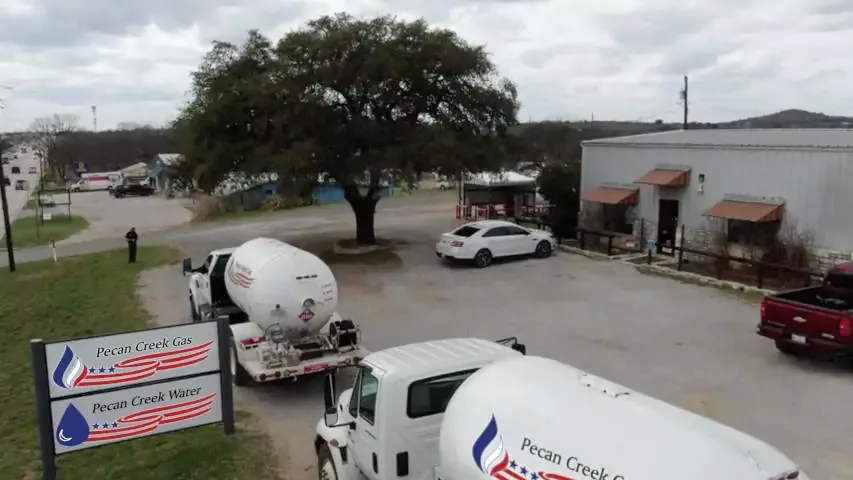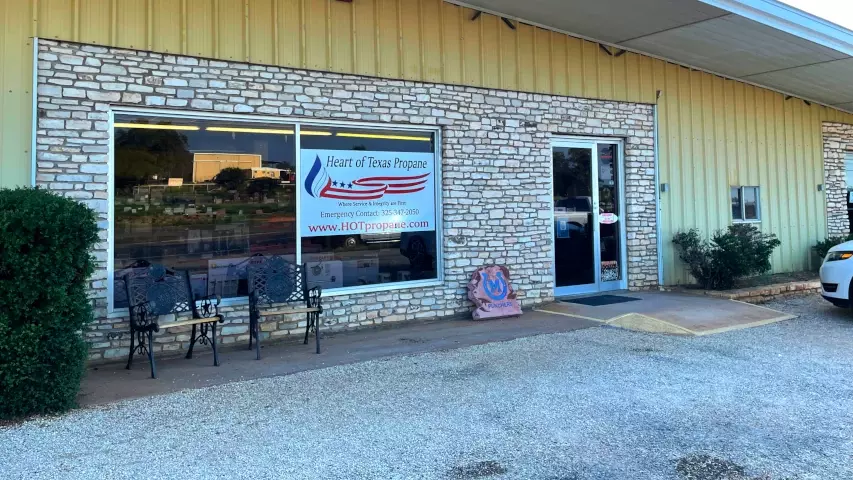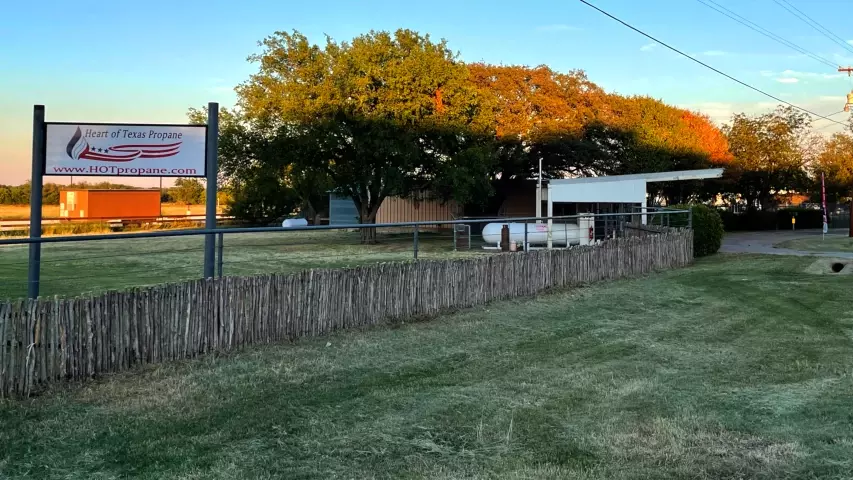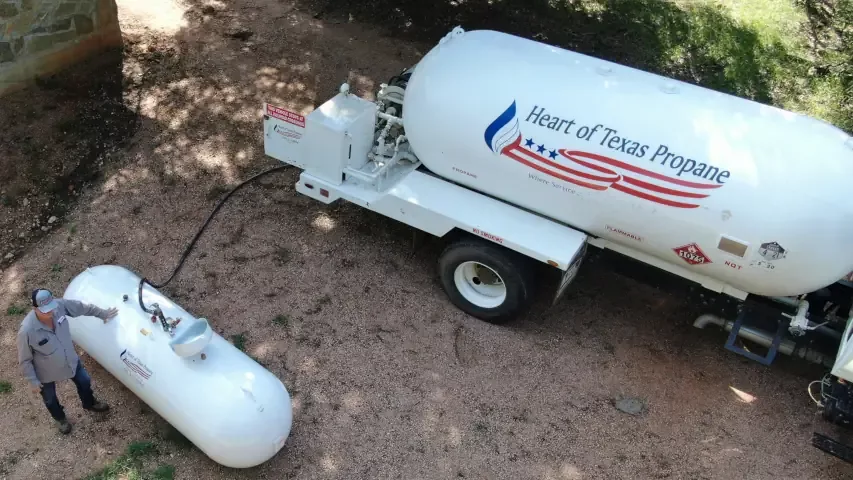Why Texas Hill Country Schools Are Switching to Propane Powered Buses
Across the Texas Hill Country, school boards are looking for smarter, more cost-effective ways to run their transportation fleets. One solution is clear: propane-powered school buses. This change isn’t just about environmental benefits; it’s about financial responsibility, long-term savings, and securing reliable transportation for students. Here’s why propane makes sense for Hill Country school districts.
The Financial Advantages of Propane Buses
- Lower Fuel Costs: Propane consistently costs less than diesel or gasoline, which means immediate budget relief. For districts managing dozens of buses, annual fuel savings can reach into the tens of thousands. These are funds that can be redirected into classrooms, staffing, and educational resources.
- Reduced Maintenance Expenses: Propane engines are simpler and cleaner than diesel engines. Districts report savings on oil changes, filter replacements, and other ongoing maintenance. Over the life of a bus, these reduced operating costs significantly lower the total cost of ownership.
- Funding Reliability: Because propane is domestically produced, much of it right here in Texas, prices are stable and supply is secure. Unlike diesel, districts do not have to worry about global supply chain fluctuations or sudden spikes in cost.
Incentives & Funding Opportunities
One of the strongest reasons for school boards to consider propane is the wealth of available financial support:
- Texas Commission on Environmental Quality (TCEQ): Grants through programs like the Texas Clean Fleet Program and the Texas Emissions Reduction Plan (TERP) offset the cost of new propane buses.
- Propane Education & Research Council (PERC) and Texas Propane Gas Association (TPGA): Rebates and funding help reduce the upfront expense of transitioning fleets and installing fueling stations.
- EPA Clean School Bus Program: Federal funding provides billions in rebates to replace aging diesel buses with propane or electric alternatives.
- Fueling Infrastructure Support: Grants are available for installing on-site propane fueling stations, streamlining daily operations and lowering fueling costs.
Why Propane is a Smart Choice for Hill Country Districts
The Hill Country’s rural school districts depend on reliable transportation to cover long routes across challenging terrain. Propane buses provide the dependability schools need, while also offering cost savings that directly benefit district budgets. Cleaner emissions and quieter operation are added bonuses that improve the overall transportation experience.
Partnering for Success
Heart of Texas Propane works with districts to evaluate their transportation needs, assist with grant applications, and provide fueling solutions. For school boards, propane isn’t just a cleaner option; it’s a smarter financial decision that supports long-term planning and responsible budgeting.
Ready to Explore Propane for Your District?
Switching to propane school buses is easier and more affordable than you think. With available grants, rebates, and infrastructure support, your district can start saving money while improving reliability and air quality for students.
More Fuel for Thought Blog Posts
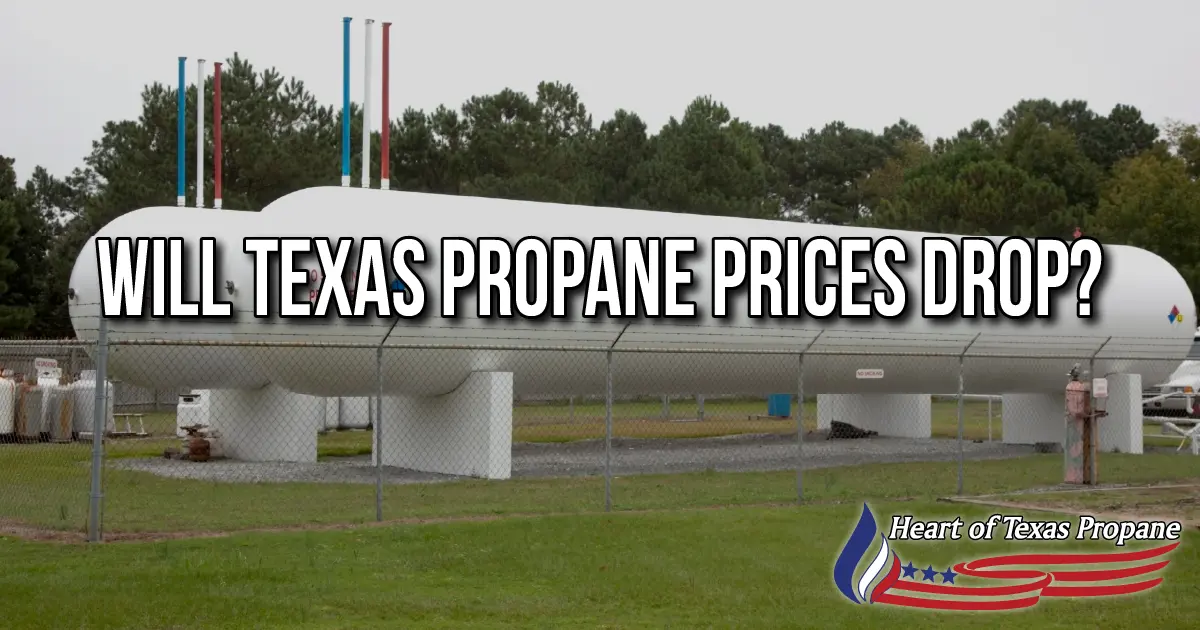
Will Texas Propane Prices Drop?
Texas propane supply is stronger than ever. Here’s what that means for prices and what Hill Country customers can do to save.
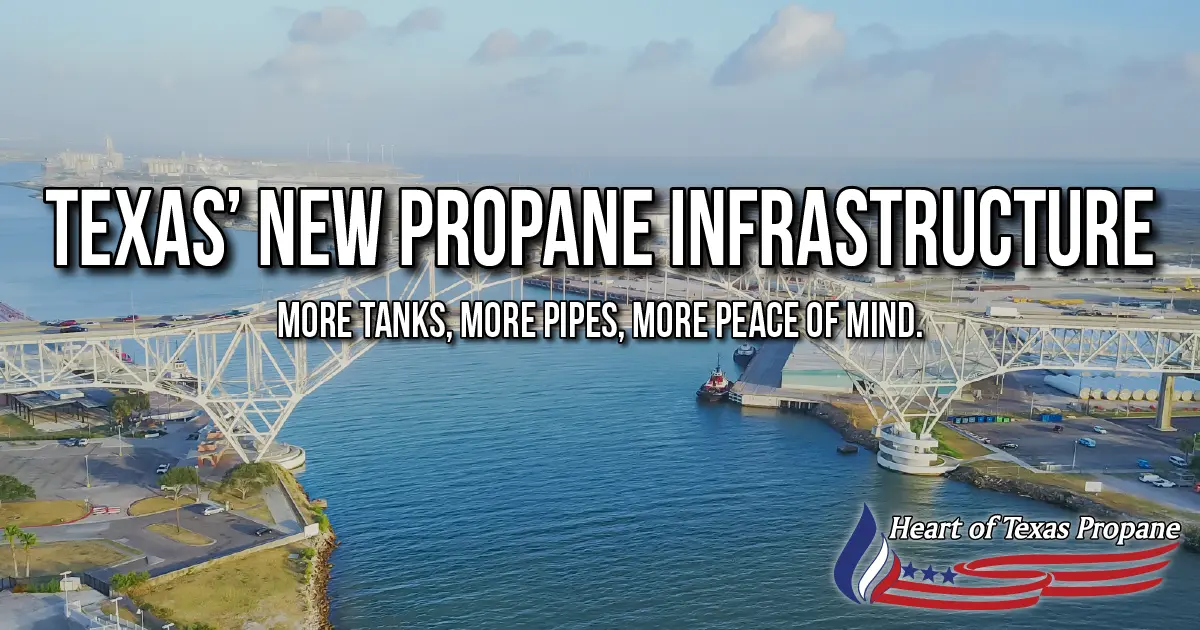
Good News for Propane Infrastructure
Texas is investing big in propane infrastructure. Here’s how it means more reliable, affordable fuel for Hill Country homes and ranches.
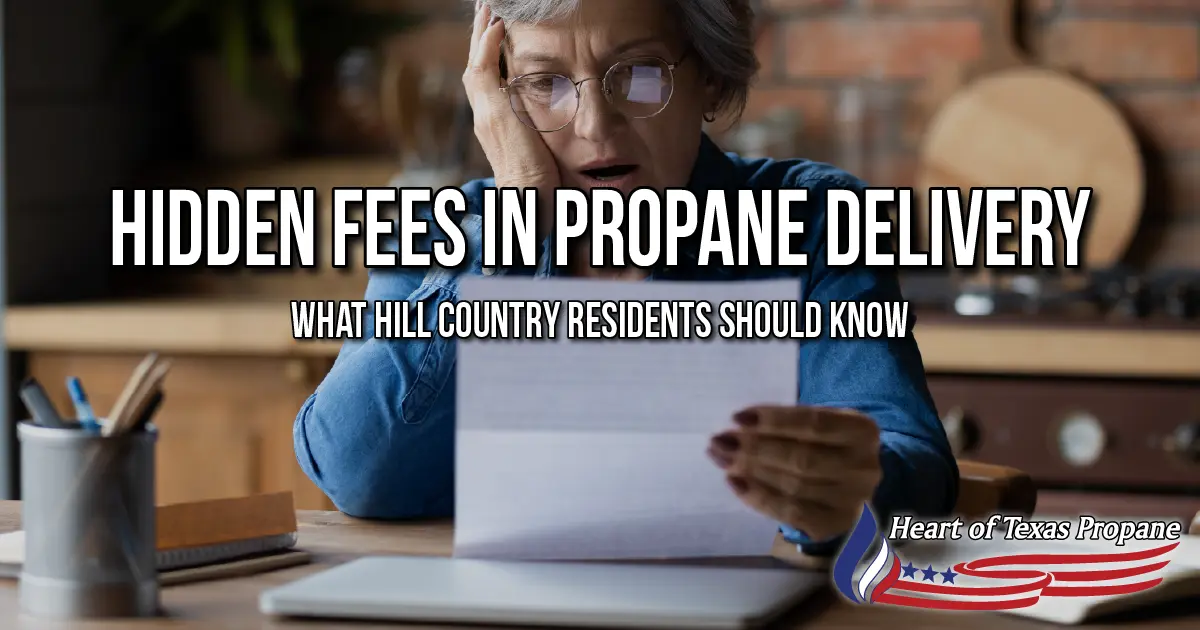
Hidden Fees in Propane Delivery
When it comes to keeping your home, ranch, or business running on propane, the price you see advertised isn’t always the price you pay.
